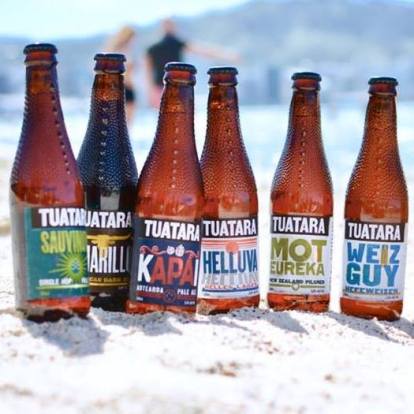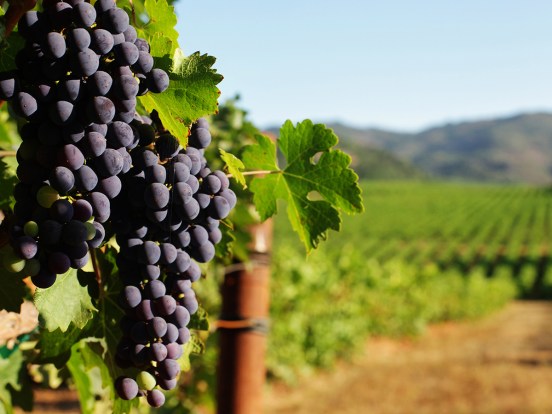Each year New Zealand cafes and restaurants generate nearly 25,000 tonnes of food waste and a staggering 61 percent of it is entirely avoidable1.
When this food goes to landfill it is a wasted opportunity to advance sustainability for the hospitality industry and improve financial outcomes for operators, says the Restaurant Association of New Zealand.
To tackle this issue and provide the data insights required to drive awareness and action across the industry RANZ, in conjunction with Edge Impact, is launching Kai Keepers, an initiative aimed at changing food waste monitoring and outcomes, for cafes and restaurants throughout the Auckland and Bay of Plenty regions.
This two-and-a-half-year pilot programme involves 120 participants and is divided into two stages: a baseline assessment to measure businesses’ food waste, and a pilot to test various interventions aimed at reducing food waste.
Participants will engage in a one-week pilot starting February 2024 to measure their food waste.
The baseline assessments will be conducted at specific intervals: Baseline one at the end of February, baselines two and three in March, and baseline four at the start of April 2024.
The second step involves participants taking part in a four-week food waste pilot, commencing at various intervals between July 2024 and February 2025. The pilots will trial different interventions to identify the most impactful strategies for reducing food waste.
This structured approach ensures a thorough examination of food waste behaviours and the effectiveness of interventions across varying timeframes.
“The main objectives of this project are to assess current food waste levels in the kitchens of Restaurant Association members, test behaviour change interventions, and identify the most effective strategies to reduce food waste.
“Findings from these pilots will not only provide critical insights but will also play a vital role in informing a nationwide rollout of a food waste reduction programme,” said Marisa Bidois, CEO of the Restaurant Association.
“This project represents an opportunity to increase our knowledge and understanding of the quantity and causes of food waste and for businesses to play a pivotal role in addressing the industry’s food waste challenges. The Restaurant Association, in collaboration with project partners Edge Impact, will provide support throughout the pilot, offering training and being available to address questions or provide on-site assistance.”
The financial impacts from avoidable food waste, combined with the real and present concerns from the industry around labour shortages, and the rising cost of food and labour, present a powerful reason for the industry to act. While the pilot is designed to minimise disruption to business operations, it promises to deliver invaluable insights into food waste and guidance on areas where businesses can make improvements.
“At Edge Impact we’re redefining the approach to food waste through our involvement in the Food Waste Pilot Programme. This collaborative effort is crucial in cutting down carbon emissions and resource waste and is key to our mission to eliminate the concept of waste, turning it into a valuable resource.
“The programme resonates with industries, the public, and communities eager to make a positive change. Together, we are setting a new standard in environmental responsibility, moving towards a future where sustainability is integral to every aspect of industry practice.” Jonas Bengtsson, CEO of Edge Impact.
“We are delighted to announce our collaboration with The Restaurant Association team on this impactful initiative for Aotearoa NZ. The programme recognises the industries existing efforts to reduce food waste, and aims to build on these by working with the industry and quantifying the causes and effectiveness of food waste behaviour change interventions. We aspire to develop practical initiatives that not only benefit the financial well-being of restaurants and cafes, but also contribute positively to the environment.” David Maucor, Regional Principal, New Zealand
The Restaurant Association is extending an invitation to interested hospitality businesses who are dedicated to understanding the sources of their food waste, eager to take steps towards reducing waste, and prioritising environmental sustainability to get in contact to find out more about the pilot and the plans for the wider nationwide roll out.
[1] New-Zealand-cafe-and-resturant-food-waste-WasteMINZ-2018.pdf (lovefoodhatewaste.co.nz)





